Varadkar outlines options to soften Brexit impact
- Published
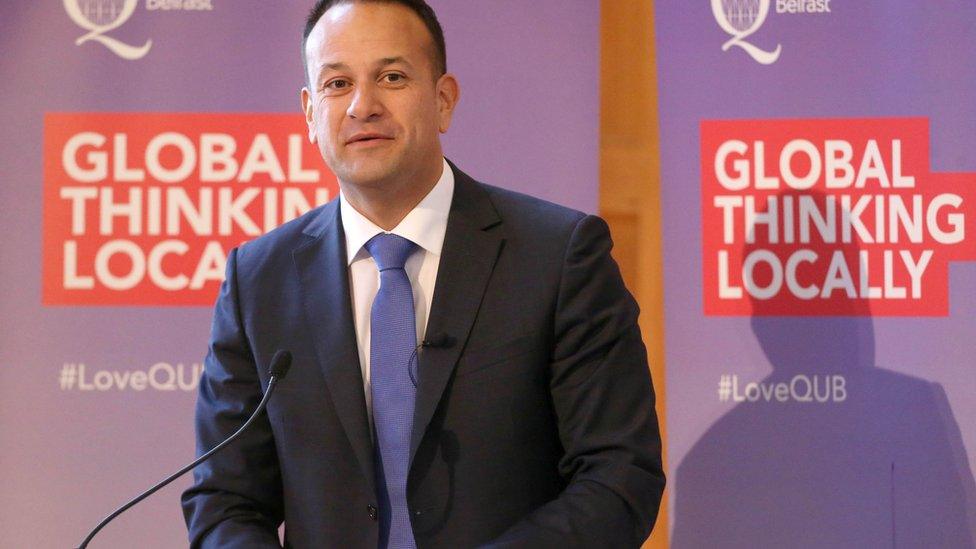
Leo Varadkar was speaking on the future of north-south relations at Queen's University, Belfast
During his first official visit to NI, Irish PM Leo Varadkar mentioned two specific arrangements which he suggested could soften the impact of Brexit across the island of Ireland.
Speaking on the future of north-south relations, he suggested the UK could have a customs arrangement with the EU similar to the one with Turkey.
Turkey's customs union gives it tariff-free access for industrial goods.
That deal does not cover agriculture, though, apart from processed products.
It is also a deal in which Turkey has little power to shape the rules.
It must apply the EU's common external tariff, but is not on the decision-making bodies that formulate tariffs.
It must also open its markets to countries with which the EU strikes a trade deal - but those countries are not obliged to open their markets to Turkey in return.
That model is not at all attractive to those advocates of a so-called Global Britain, who want the UK to have a fully independent trade policy.
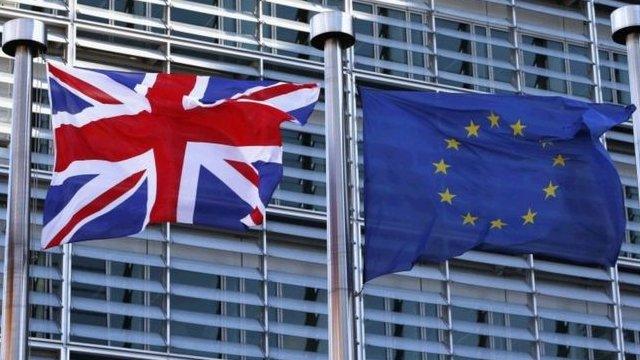
The taoiseach talked about arrangements which he suggested could soften the impact of Brexit across Ireland
The second arrangement mentioned by the taoiseach was the European Free Trade Area (EFTA).
It is effectively an organisation that allows the non-EU countries of Norway, Iceland and Liechtenstein to participate in the single market.
Switzerland is also in EFTA, though its relationship with the EU is conducted through bilateral deals.
The political advantage is that the UK would not be subject to the European Court of Justice (ECJ) - one of Prime Minister Theresa May's red lines.
However, it would likely be subject to the EFTA Surveillance Authority (ESA) and judicial control by the EFTA Court, the bodies which make sure EFTA members follow the rules of the single market.
EFTA also has its own trade deals which the UK could participate in and crucially EFTA members also have freedom to do bilateral trade deals.
However, there is still the question of freedom of movement.
EFTA members are required to follow EU commitments on free movement, albeit with the potential of an opt out.
- Published4 August 2017
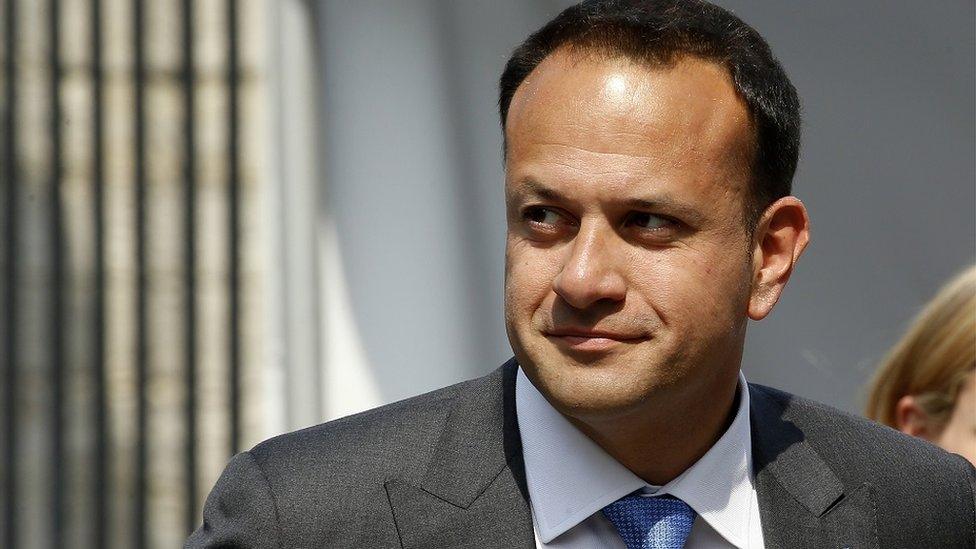
- Published22 May 2017
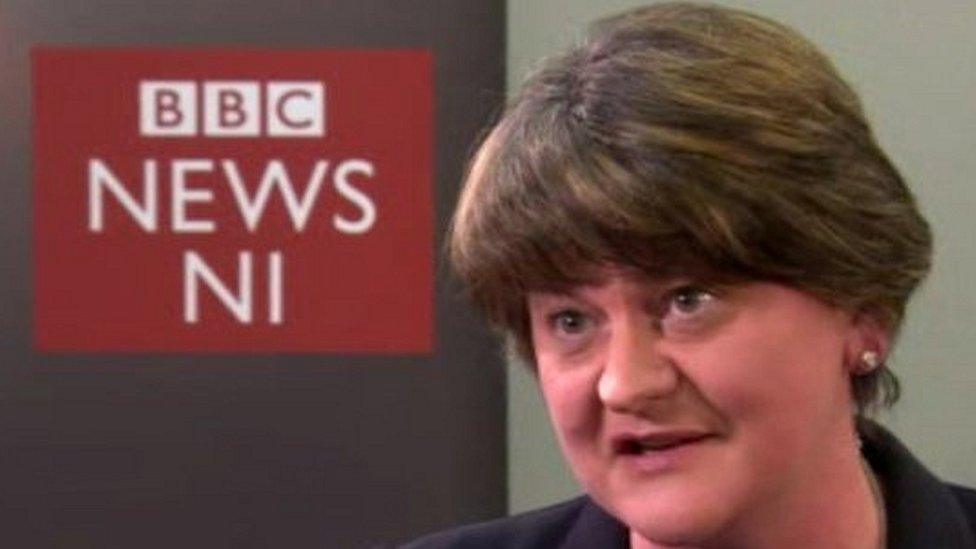
- Published2 July 2016
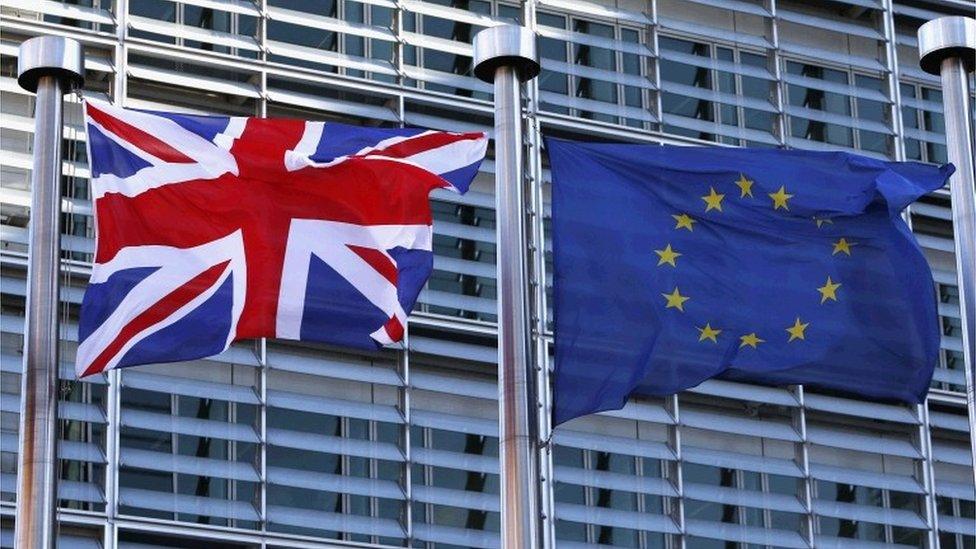
- Published30 December 2020
